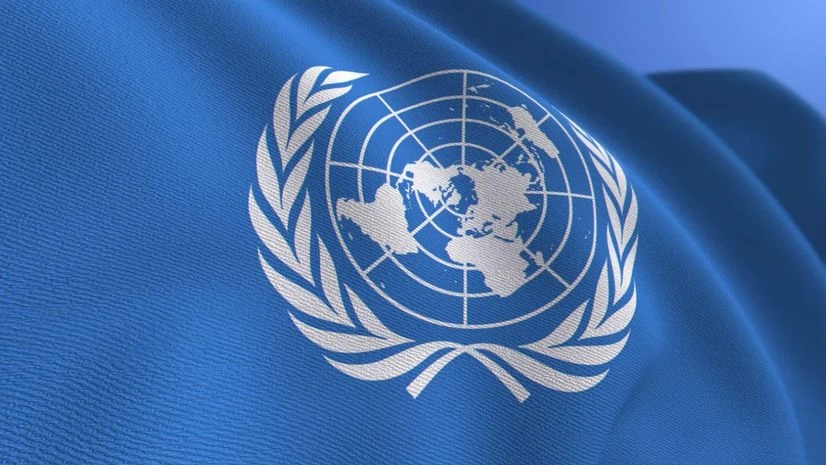Defense Minister Rajnath Singh stated that India should be made a permanent member of the United Nations (UN) while addressing a commemorative seminar on Tuesday, June 13. The seminar was a part of the 75-year celebration of UN Peacekeeping, organised by the Indian army in New Delhi.
India’s contribution in UN peacekeeping operations
In his address, Singh spoke about India’s long history of contributing to UN peacekeeping operations and as one of the largest providers of troops. Over the years, India has contributed approximately 275,000 troops to peacekeeping missions. Around 5,900 are currently deployed in 12 UN missions, including female engagement teams in the UN Organisation Stabilisation Mission in Congo (MONUSCO) and the UN Interim Security Force for Abyei (UNISFA), as well as women staff officers and military observers.
Since their initial involvement in Korea in 1950, Indian troops have successfully managed complex peace operations, earning widespread admiration for their professionalism.
Singh added that the UN decision-making bodies, including the Security Council (UNSC), needed to be more reflective of the demographic realities of the world. “When India, the most populous nation, does not find a seat as a permanent member of the UNSC, it tends to undermine the moral legitimacy of the UN. Therefore, the time has come for making the UN bodies more democratic and representative of the current realities of our age,” he said.
Chief of the Army Staff General Manoj Pande also affirmed the readiness of the Indian Army to fulfill the country's responsibility and commitment to the UN, while working closely with other nations.
Safety and effectiveness of UN peacekeepers
More From This Section
The defense minister also spoke extensively about ensuring the safety and effectiveness of UN peacekeepers. He called for international cooperation among responsible nations and for more innovative approaches to prevent conflict and help in the restoration of peace in violence-hit regions.
As situations in violence-hit regions tend to evolve fast, it is important to invest more in the training of UN peacekeepers as well as technology and resources for their safety and productivity. Furthermore, opportunities where “meaningful women participation” can help diffuse tensions must be recognised, stated the Raksha Mantri.
Stressing the need for global cooperation, Singh said, “A conflict at a particular place or region creates ripple effects which adversely impact the whole world. So, the rest of the world becomes a stakeholder in resolving the conflict and to restore peace. This is because peace has positive externality. When conflicting parties restore peace, they benefit in terms of human lives saved, higher economic growth achieved, etc. The rest of the world also benefits as peace fosters stability and encourages economic growth.”

)
